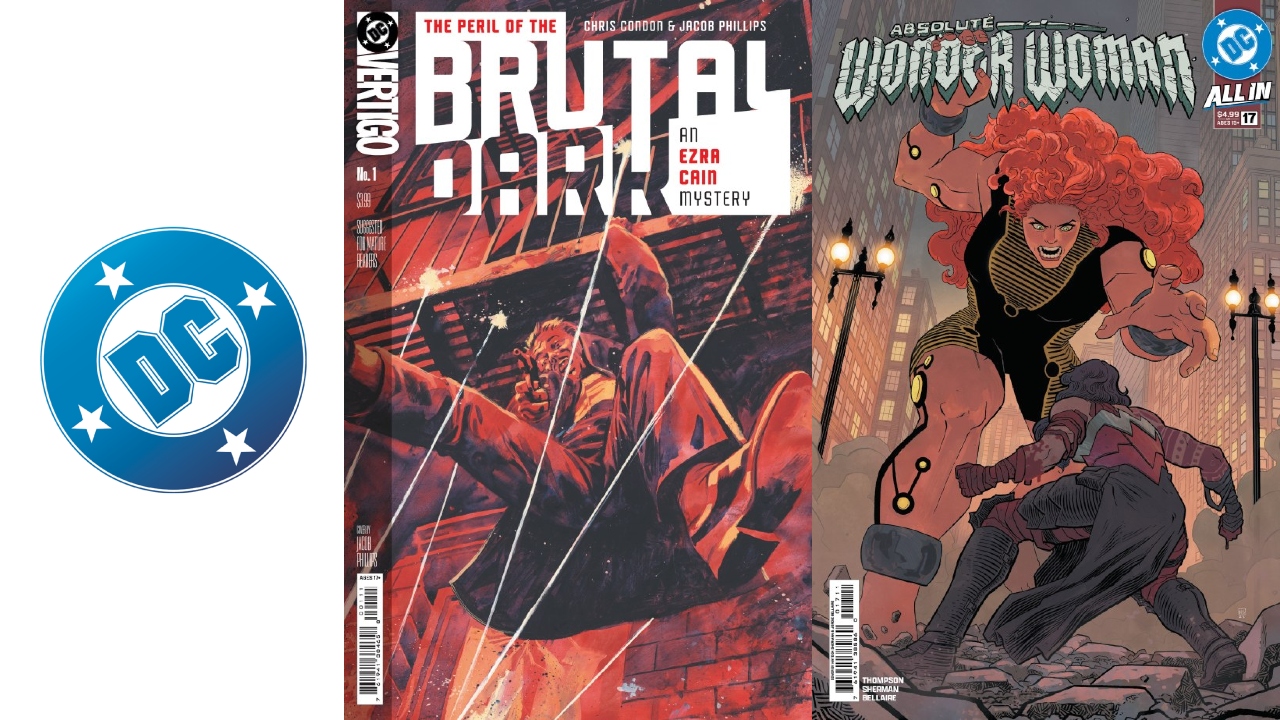Pinball: The Man Who Saved the Game is a true story. Into the early 1970’s, major US metropolises remained engaged in a war of morals and ethics. At the epicenter was New York City. Back in the late 1940’s Mayor Fiorello La Guardia attempted to crack down on seedy behavior on his streets by imposing bans on taboo activities, including gambling. A casualty of this act was pinball, thus deemed a game of pure luck. Enter Roger Sharpe (Mike Faist/Dennis Boutsikaris). A young man trying to make it as a writer, Sharpe found solace in pinball as a form of escapist entertainment. As a writer for GQ, Sharpe merges his hobby and career and begins writing about the game’s history. His articles, however, garner him unexpected attention and soon he finds himself entrenched in a decades-long battle between the city, game makers, and enthusiasts hoping to lift ban.
What works in Pinball: The Man Who Saved the Game is its style. Writer/director duo Austin and Meredith Bragg (A Piece of Cake) approach their subject matter in a very clever way: a faux-quasi-documentary. The creative team understands that a movie focused on the history of pinball might be rather bland, even if some the specific moments are so sensational, they must be true. To overcome this mismatch, the filmmakers imbue genuine heart and humor into the story. They even consistently poke fun of themselves, and the sports film genre writ large, to great comedic effect. Finally, by focusing on Sharpe, audiences get an affable every-person to root for. Thus, Pinball becomes incredibly entertaining and engaging (as well as educational). Truly, the number of laughs to be had here will likely come as a pleasant surprise to most audience members—this is a very funny movie.
RELATED: Pinball: The Man Who Saved the Game | Austin Bragg and Meredith Bragg on the Real-Life Story
Individuals who dismiss pinball as child’s fare or have little interest in the history of the game and its cultural impact, may not enjoy Pinball: The Man Who Saved the Game as much as others. Pinball combines the very specific interests of video games, investigative journalism, and politics. That cocktail, on paper, may sound like it would only appeal to a niche audience. This might remain true for some who hold the perspective that these topics won’t appeal to them, no matter how many strong jokes occupy the runtime. Finally, while Pinball: The Man Who Saved the Game tries to subvert sports movie tropes by addressing them head-on, there are still some formulaic narrative beats that might feel too familiar.
Pinball: The Man Who Saved the Game wins in multiple categories thanks to an incredibly tight and playful script. While it will never light up the box office or win major awards, Pinball is the type of film that patrons of nearly all ages can watch and thoroughly enjoy. It’s the kind of movie that you recommend to basically anyone with confidence that they will have a good time. This is an early candidate for sleeper hit of the year.
Recommended if you Enjoyed: Hustle, Free Solo, 8-Bit Christmas
Pinball: The Man Who Saved the Game is now available on most major streaming platform for rent or purchase.
 FOR FANBOYS, BY FANBOYS
Have you checked out LRM Online’s official podcasts and videos on The Genreverse Podcast Network? Available on YouTube and all your favorite podcast apps, This multimedia empire includes The Daily CoG, Breaking Geek Radio: The Podcast, GeekScholars Movie News, Anime-Versal Review Podcast, and our Star Wars dedicated podcast The Cantina. Check it out by listening on all your favorite podcast apps, or watching on YouTube!
Subscribe on: Apple Podcasts | Spotify | SoundCloud | Stitcher | Google Play
FOR FANBOYS, BY FANBOYS
Have you checked out LRM Online’s official podcasts and videos on The Genreverse Podcast Network? Available on YouTube and all your favorite podcast apps, This multimedia empire includes The Daily CoG, Breaking Geek Radio: The Podcast, GeekScholars Movie News, Anime-Versal Review Podcast, and our Star Wars dedicated podcast The Cantina. Check it out by listening on all your favorite podcast apps, or watching on YouTube!
Subscribe on: Apple Podcasts | Spotify | SoundCloud | Stitcher | Google Play




